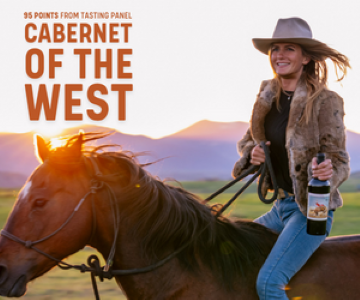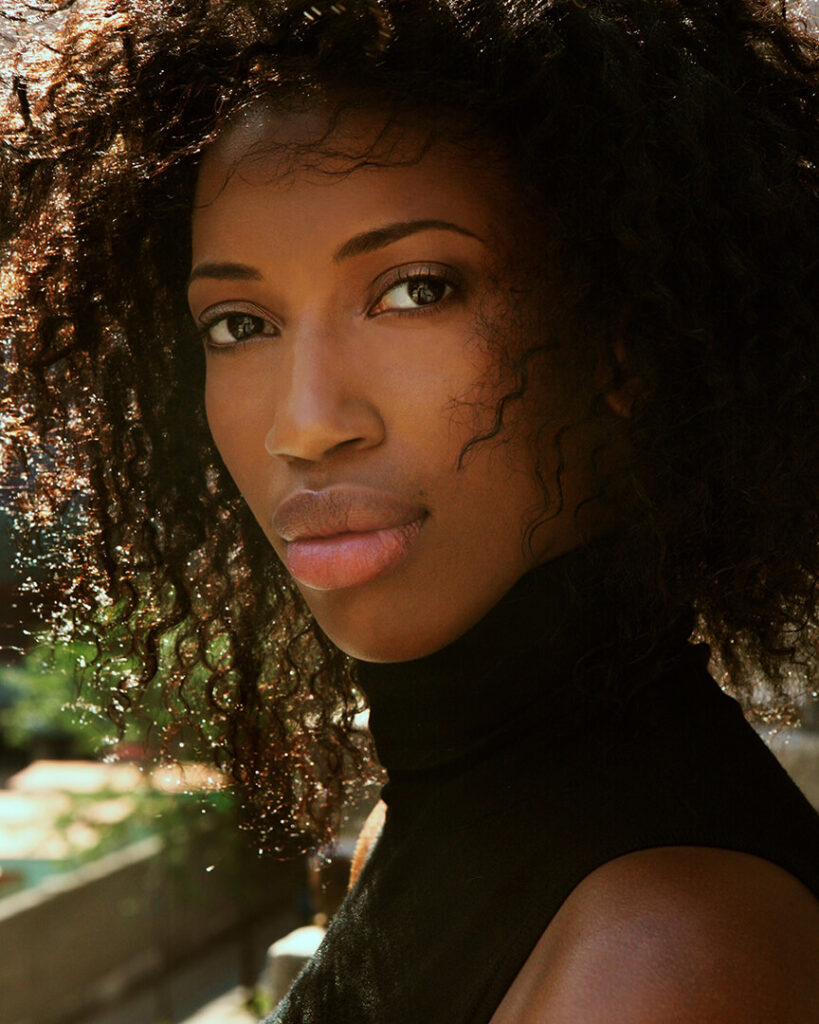
BLACK PROFESSIONALS WEIGH IN ON THE INDUSTRY’S DIVERSITY ISSUES DURING SOMMCON’S “UNHEARD VOICES IN WINE” WEBINAR
by Paris Vasser
Lia Jones, executive director of the organization Diversity in Wine and Spirits, concluded the first all-Black panel for a major wine conference with a call to action: “Let it be clear, the only reason I am able to [participate] right now is because we all watched those 8 minutes and 46 seconds. While I’m happy to be here, I am not happy to know why I’m here. Not just for George Floyd, but for everyone that has died, who has suffered during this time, join me in 20 seconds of silence.”
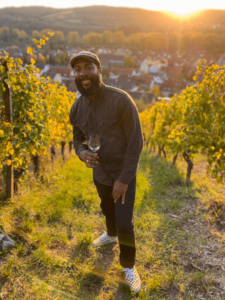
The webinar, titled “Unheard Voices in Wine,” reflected the awakening that ensued following George Floyd’s death in late May, when individuals and companies across the nation raised their voices in support of the Black Lives Matter movement. Presented by SommCon, it gathered six Black wine professionals—Jones, Rick Arline, Deniece Bourne, Brenae Royal, Philippe André, and DLynn Proctor—to discuss the significant racial disparities that plague the industry. The group did not hold back as they explored a range of issues related to Black representation in the world of wine, which is lacking despite the fact that wine isn’t inherently exclusionary: Rather, as André, who serves as the U.S. ambassador for Charles Heidsieck Champagne, reminded everybody, it’s “a universal language, and we can all see each other’s passions while focusing on wine as our craft.”
Jones started the discussion by bringing up microaggressions that are directed toward Black people not only at work but in all settings, mentioning phrases like “You speak very well” and “I like the way you sound.” These slights keep Black professionals in a box of prejudiced generalities. Proctor, director at Fantesca Estate & Winery, put it simply: “We are all proper, professional, and articulate. Black people don’t have to learn articulation.”
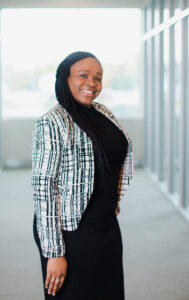
Microaggressions permeate social vocabulary and behaviors, revealing themselves in everything from a reliance on excuses like “I don’t see color” to the unfounded skepticism Black people operating in predominantly white spaces often face regarding their knowledge, skill sets, and credentials. Bourne, business development manager for the Wine & Spirit Education Trust, detailed her experiences in the classroom: “People anticipate . . . a very white person to lead the class in education. When I step in front of the class, people are looking as if they’re saying, ‘Why is she in front of the room?’”
Royal, vineyard manager at Monte Rosso, recalled times she was asked to smile in order to not seem intimidating and also noted how Black professionals are often asked to change their braids or other natural hairstyles, as if their culture could be perceived as offensive in white spaces. “We need to continue to present our authentic selves and accept the differences that are coming,” she explained. “Make sure [employers] have space for people of color to feel welcomed without pressure to assimilate.”
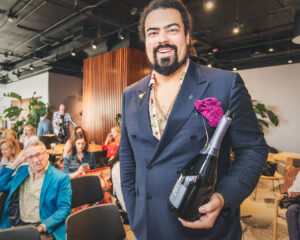
The conversation revealed how microaggressions can cause lasting damage to Black professionals’ careers. Arline, beverage director and general manager at the soon-to-open Fellow Traveler in West Hollywood, California, discussed times when he was swept aside in favor of people who were less qualified than him, making him feel like he had to overcompensate solely because of his skin color. “You have to work twice as hard for the same opportunity, and it hangs over your head, weighing you down like a suit of armor,” he explained.
Representation is key to elevating Black professionals in the wine and spirits industries, according to Proctor, who asserted that “if more people or leaders who happen to be white hire us, we can be as smart and intelligent and as much of a leader as you are. . . . You can see what we can do to slowly break down the systemic bullshit that exists. But don’t just hire us—pay us.”

The job doesn’t stop there—Black people (including the author of this article) want recognition for our talents, experiences, and hard work and have no interest in being tokenized. André questioned companies that “take advantage of a person’s likeness,” whether by choosing a select few to represent a particular product or by pigeonholing them in a particular employment niche, without offering paths to advance into other spaces or creating more opportunities to entertain diverse points of view. André said a way to avoid that is to “get more people involved [in decision-making]—and don’t stop, because when something new comes up, we tend to forget,” an allusion to how the broad support currently being given to the antiracist movement could potentially decline as attention wanes.

In an effort to sustain that support, Bourne called for the industry to go beyond words and “be about the work”; she also joined the other panelists in encouraging Black professionals already in the business to make space for the next generation, in part by serving as mentors to help the community grow. So what should employers do now? Recognize, for one thing, that it’s going to take more than hiring one Black person to achieve diversity. As Jones explained, “Diversity and inclusion are not things we should be solving with opinions but with data and facts.” Royal, meanwhile, called on companies to “create campaigns and resource groups to bring the [industry] forward. Black Lives Matter needs to resonate as a foundation. . . . You need to value people regardless of the color of their skin. [Employers should be] seeking out the professionals and institutions that are going to give [them] the foundational knowledge to make it the norm and not this extracurricular thing.” For some, the fight against racism has just begun, but to people of color, it has always existed. Eight minutes and 46 seconds captured the attention of a nation; now hard work, accountability, and concrete progress are what we need to answer this call to action.
Go here to watch the webinar.

